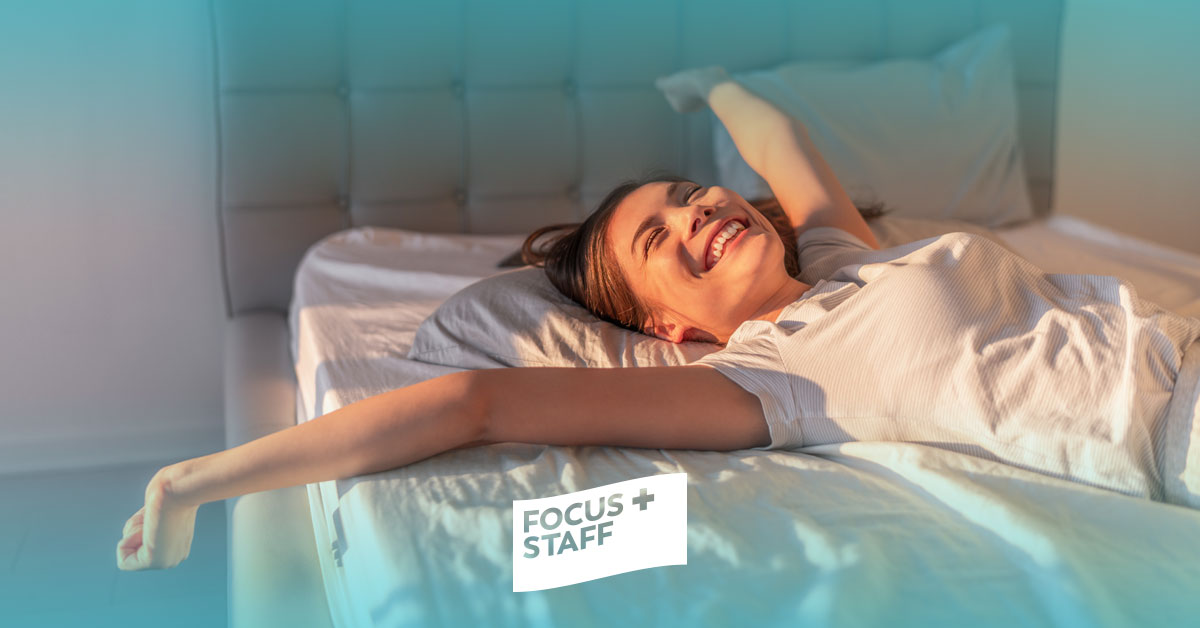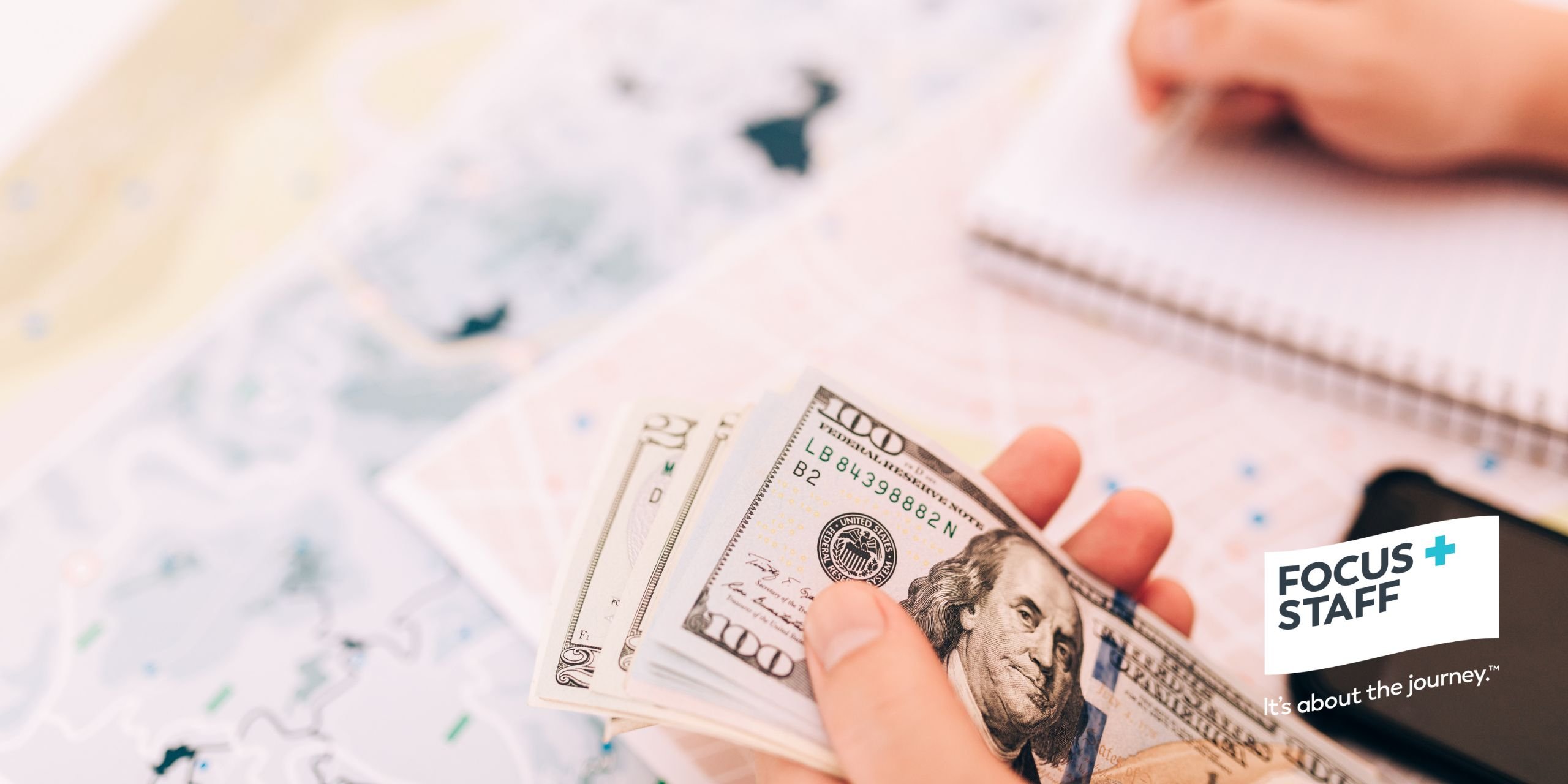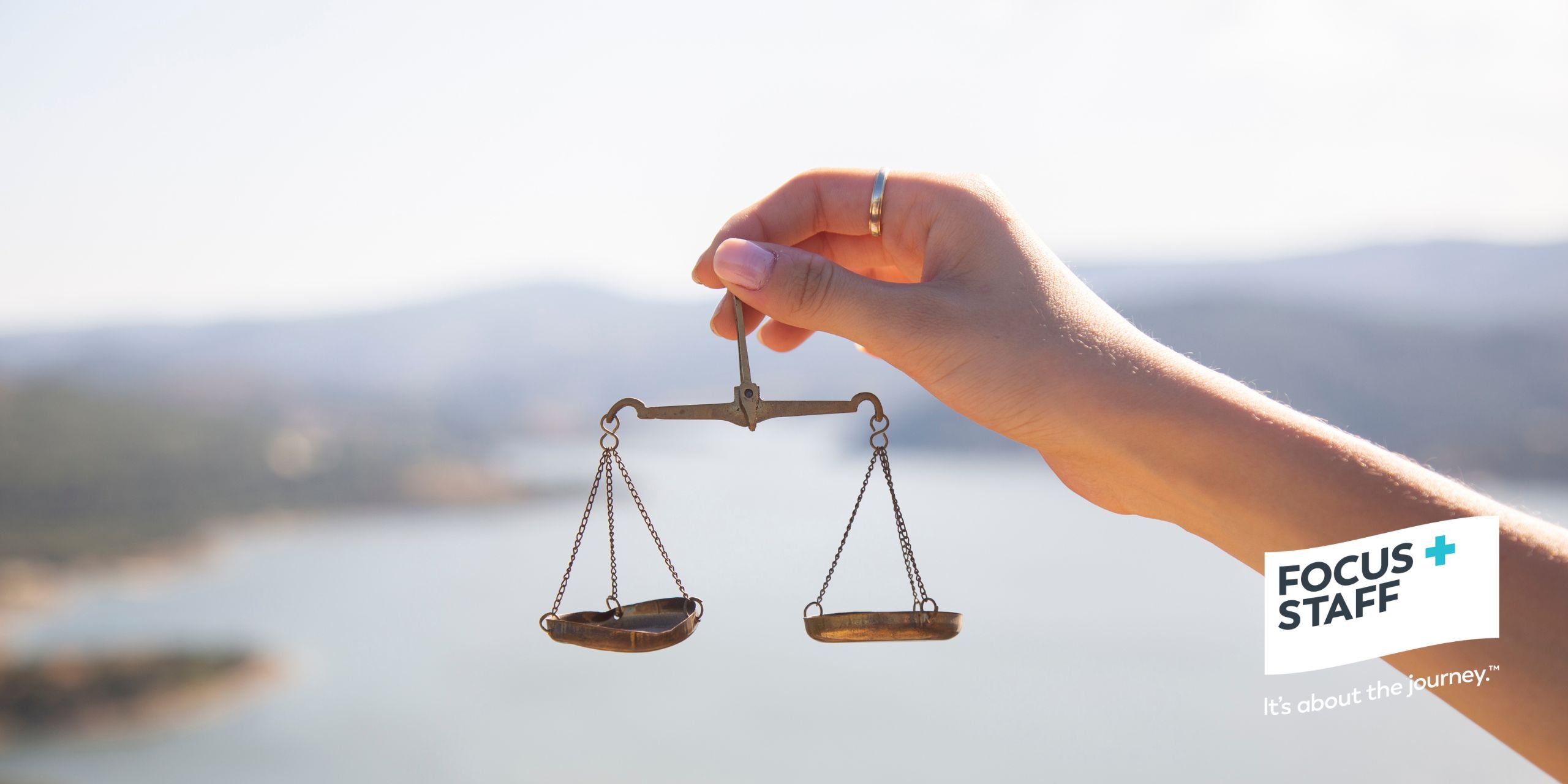Are you the type of person who struggles to get to sleep? Does your head hit the pillow, and your mind starts racing about your upcoming busy day? And after you do finally fall asleep, do you press the snooze 14 times before dragging yourself out of bed?
Fact is, missing out on the recommended 7 to 9 hours of shut-eye nightly does more than make you feel groggy and grumpy: Lack of sleep can be a serious matter.
Research shows that poor sleep has short- and long-term negative effects on your hormones, exercise performance, and brain function. It can also cause weight gain and increase the risk of disease in adults and children – including heightened chances for high blood pressure, diabetes, and heart disease.
So, if you’re tired of feeling tired in the morning due to a lack of zzz’s, try following these tips for better sleep and more energy during the day.
Increase your Daytime Light Exposure
Your body has a natural time-keeping clock called your circadian rhythm. It affects your brain, body, and hormones, helping you stay awake and telling your body when it’s time to sleep. Natural sunlight or bright light during the day helps keep your circadian rhythm healthy. This improves daytime energy, as well as nighttime sleep quality. In people with insomnia, daytime bright light exposure can improve sleep quality and duration.
Decrease Your Time in Front of the Computer at Night
Exposure to light during the day is beneficial, but nighttime light exposure has the opposite effect. Electronic devices such as computers, cell phones, etc., emit what is called “blue light.” Blue light tricks your body into thinking it’s daytime, making it harder to relax and feel sleepy. However, there are several ways to reduce blue light exposure in the evening, including:
- Wear glasses that block blue light
- Download an app such as f.lux to block blue light on your laptop or computer
- Install an app that blocks blue light on your smartphone
- Stop watching TV and turn off any bright lights two hours before heading to bed
Scale Back on the Caffeine Late in the Day
Coffee and other sources of caffeine can significantly worsen sleep quality, especially if you drink large amounts in the late afternoon or evening. Consumed late in the day, caffeine stimulates your nervous system and may stop your body from naturally relaxing at night. So if you do crave a cup of coffee in the late afternoon or evening, stick with decaf.
Set a Fixed Wake-Up Time
It’s close to impossible for your body to get accustomed to a healthy sleep routine if you’re constantly waking up at different times. Try to pick a wake-up time and stick with it, even on weekends or other days when you would otherwise be tempted to sleep in.
Be Careful with Naps
To sleep better at night, it’s important to use caution with naps. If you nap for too long or too late in the day, it can throw off your sleep schedule and make it harder to drop off when you want to. The best time to nap is shortly after lunch in the early afternoon, and the best nap length is around 20 minutes.
At Focus Staff, we offer the personalized career guidance you need to pursue a career in nursing, occupational therapy, and other medical professions. We understand the ins and outs of healthcare professionals and have access to a wide variety of opportunities, including traveling contract positions. To learn more, contact us today.




